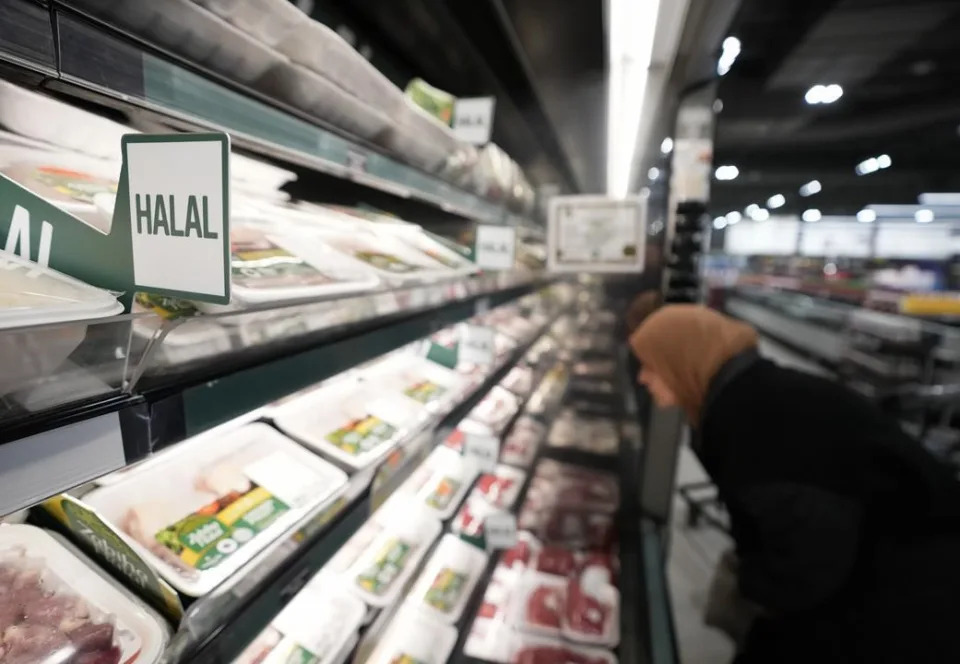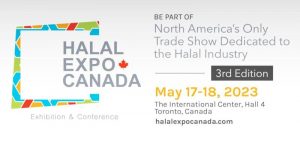Canada backs halal industry
COTABATO CITY — Canada has thrown its
support to develop the country’s halal industry centered on business
groups within the Autonomous Region in Muslim Mindanao (Armm), as the
region strives to get a share of the lucrative halal market with
Malaysia’s help.
The Canadian International Development Agency, through the Private
Enterprise Accelerated Resource Linkages Phase 2 project (Pearl2), and
the Armm Business Council (ABC) have forged a memorandum of
understanding to boost support to the halal thrusts of the region.
Ma. Ella Oplas, Pearl2 monitoring and
evaluation officer, said the Canadian aid agency will provide funds to
increase awareness among member organizations of the ABC about halal
industry initiatives in the region.
“The project hopes to cascade halal
industry initiatives from the regional to provincial levels, create
business direction for the autonomous Muslim region anchored on halal
initiatives and to develop a region-wide database for halal
initiatives,” Oplas said.
Datu Haron Bandila, ABC chair, said the project essentially seeks
to “institutionalize Armm as the production and processing center of
halal in the Philippines.”
“Part of the project will include education of consumers and
traders about the region’s halal thrusts as we gear to gain access to
the foreign halal market,” he said.
Bandila noted the country’s halal industry has not gained momentum
over the years due to credibility problem, referring to certification
issued by the Office of Muslim Affairs (OMA), a government agency.
He stressed that certification should come from private body “with a spiritual flavor” since halal is a religious process.
Sources said that a shipment, years ago, of canned goods to the
Middle East was rejected after it was discovered that the halal
certification was issued by the OMA.
On top of Canada, Malaysia has exerted efforts to help the
autonomous Muslim region in its bid to access the lucrative global
market.
Ishak Mastura, Department of Trade and Industry-Armm secretary,
said representatives from the economic planning unit of Malaysia
visited the region last month and pledged support to halal initiatives
in the area.
“It’s part of the assistance that Malaysia is doing for Mindanao,” he said.
Malaysia has been brokering the peace talks between the government
and the Moro Islamic Liberation Front for four years now. It is also
leading the International Monitoring Team in ensuring both parties
adhere to the ceasefire agreement.
Last year, Armm launched the private-led Muslim Mindanao Halal
Certification Board Inc. (MMHCBI) but to date it has not issued
certification.
Mastura said the board recently submitted its manual of operation
to the Jabatan Kemajuan Islam Malaysia (Jakim) or Department of Islamic
Development Malaysia for approval.
He added they are expecting Jakim to approve the manual, stressing
that accreditation from the Malaysian certifying body would augur well
for the autonomous Muslim region’s halal thrusts since the former’s
seal is respected in many Islamic countries.
Halal pertains to food or non-food products acceptable to Islamic believers. Its opposite is haram.
Jamil Hamsa Olermo, a halal advocate in Mindanao, said the halal
trade offers vast opportunities not just for the autonomous Muslim
region but the country in general.
He noted that present halal food trade around the world amounts to
$80 billion annually and projected the halal food market value to be
$500 billion in 2010.
Olermo pegged the present annual value of the halal food market at $150 billion. (BSS)



